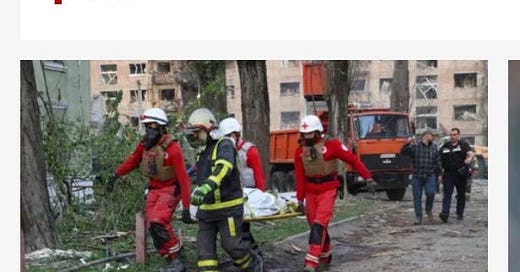“Stand still while I’m hitting you!” was a joke in my family (and I will protect the innocent here): once, a very young relative squealed this to an older brother in a moment of frustration, not realising how hilarious it sounded. In that case, of course, the person doing the hitting was the smaller person and had probably been wound up for hours by an …
Keep reading with a 7-day free trial
Subscribe to Not all doom to keep reading this post and get 7 days of free access to the full post archives.



